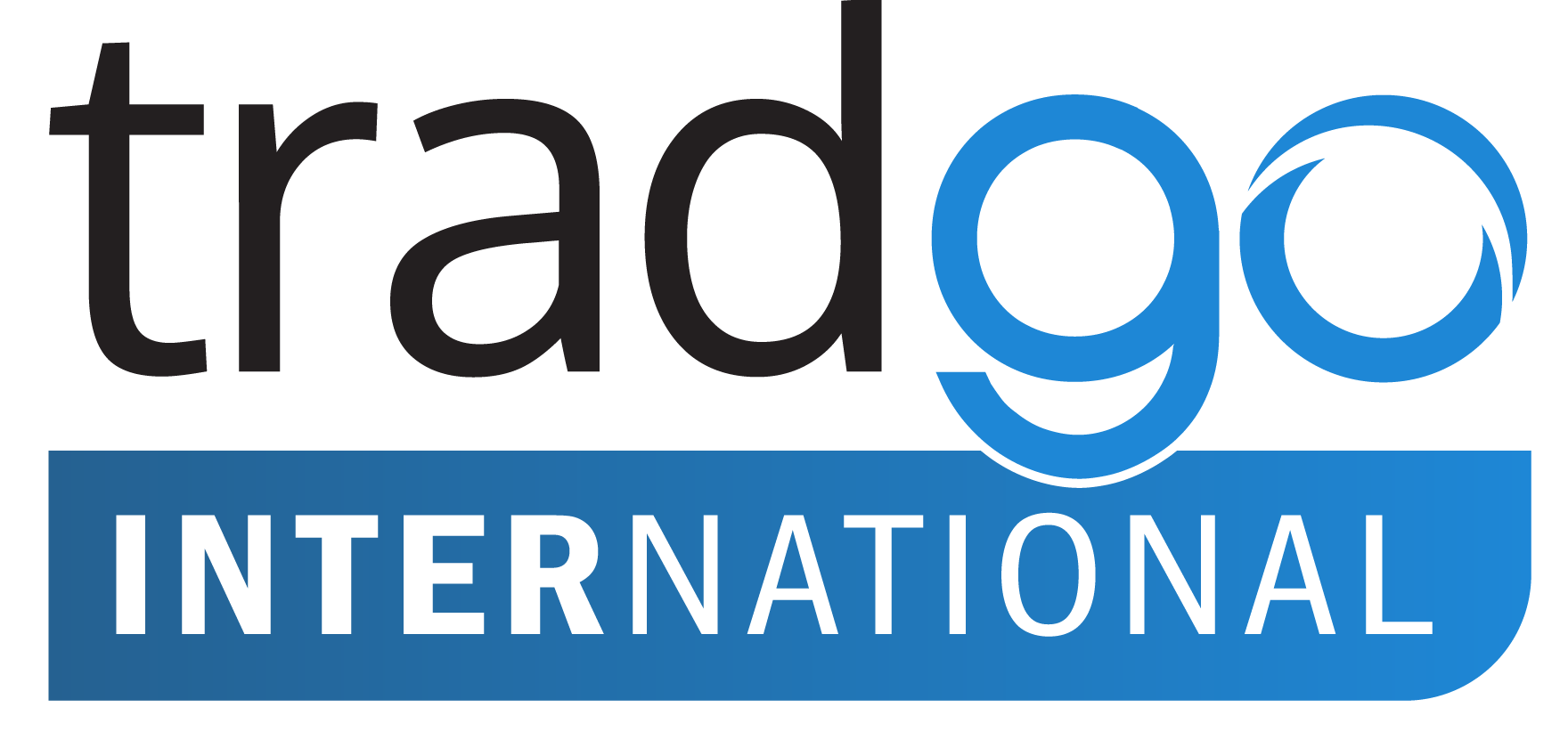
Do you have upcoming translation needs? Are you wondering whether you should do it yourself or give multilingual members of your staff the task? Or would it be better to call on a translation agency? The answer depends on the documents and employees at your business. In some cases, you may save money by handling it internally. In others, professional translation services are the way to go.
Choosing In-House Translations
When should you use the translation services of your own employees? If the documents will only be used within the organization, and the only goal is communicating the gist of a document, you may be able to ask a bilingual member of your staff to take care of the project. In this situation, you are more concerned about content than form. If a few mistakes and style issues would not be a problem, and you have time to discuss any ambiguities, someone with a high proficiency in both language pairs could take care of your needs. Furthermore, staff members working in both languages in your industry are likely to benefit from a good knowledge of terminology.
Calling on the Services of a Translation Firm
When it comes to external communications, you need writing that reflects the quality of services or products you provide. You may not have someone on staff who can provide translation services at a professional level of writing. To reach this standard, translators at a translation agency must meet several criteria.
Three Key Characteristics of Professional Writers at a Translation Agency
1. They must be native speakers of the target language (the language the text is being translated into). A native speaker generally begins speaking the language by the age of four and has been immersed in it for many years. For those who pick up a language later in life, years of classes and living in an area where a language is spoken can lead to fluency. But even the rare non-native speaker who can write error-free prose will almost never have enough of a feel for the language to produce a natural, stylish text within a reasonable timeframe.
2. Of course, not every native speaker is an effective writer—few people can be described as such. Oral mastery of a language is one thing and writing snappy, fluid, impeccable prose is quite another. An appropriate educational background (translation, literature, communications, etc.) and years of feedback usually undergird high-quality translation services.
3. But even outstanding writers with fluency in the source language (the text’s original language) rarely attain the professional writing you can expect from a translation agency. Moving between two languages fluidly enough to produce high-level, natural writing is a special kind of mental gymnastics. Structures and cognates from the source language all too easily find their way into translations. A good translator rapidly jumps between the worldviews of two languages to avoid such pitfalls. For example, French to English translators need to beware of using too many words with Latin roots where a Germanic word would be more effective. An inexperienced translator might reflexively use the stiff, bureaucratic, Latinate “prior” where the Germanic “beforehand” would more deftly hit the right note.
If you don’t have professional translators on staff, entrusting your project to a translation agency helps you steer clear of needless hassle and produce content that positively reflects on your brand image.






